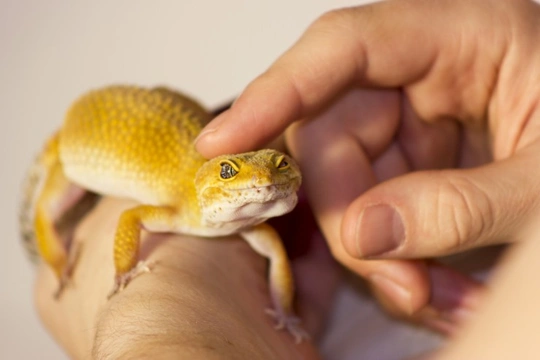
Five things you should know before getting a pet reptile
If you have decided that a reptile is your ideal pet and you find yourself fascinated by snakes, lizards and all other things with scales, it is important to do plenty of research into not only reptiles as a whole, but the specific species that you might be considering before going ahead and making a purchase.
This is an important part of responsible pet ownership and knowing how to take care of the care needs of an animal properly, and it is especially important for people who wish to keep reptiles, as these creatures are so different from mammals! Because the behaviour and norms of reptile life are so alien from our own, it can be hard for the novice or even sometimes, experienced keeper to judge when something is not quite right with their pet, or that they are doing something wrong.
With this in mind, we have compiled a short list of five important things that all potential reptile keepers and novice keepers should know about keeping such pets, but that are often overlooked. Read on to learn more.
It can be hard to get veterinary care for them
First of all, all reptiles are classed as exotic pets, and as such, they are not the type of animals that your local veterinary clinic will see on a regular basis. Most general clinics will be able to take care of very basic examinations and problems for you and give you advice, but in some cases, they will need to contact another clinic or a veterinary reptile specialist for advice even in order to do this.
Some clinics, and some problems will simply not be able to be taken care of locally, and so before you consider getting your first pet reptile, you should look into what is available in terms of veterinary care for reptiles, or how you will be able to get support if you need it.
Many reptile keepers themselves are very experienced in the care of problems and health issues, and so making contact with others in your area can be a good starting point.
Reptiles can spread diseases
Whilst none of the pet reptiles that can be kept legally domestically in the UK are venomous or poisonous, reptiles can still spread disease and sickness, and can serve as a vector to pass such problems on to not only other reptiles, but also potentially, people. Every single reptile species can potentially carry the salmonella bacteria, which can make humans very ill, and so excellent hygiene protocols when it comes to cleaning out your pet and washing your hands afterwards are vital.
Brumation and hibernation are complex
In the wild and in their native environments, many reptiles go into brumation, which is a type of hibernation, in the colder weather. This allows them to preserve their energy and condition when there is not a lot of food around and the weather is harsh, but as these issues do not arise for domestically kept reptiles, brumation is not strictly necessary.
If you intend to use your reptile for breeding, hibernating them in the winter is often advised, but aside from this, generally it is not. Hibernation and brumation and how it is managed in the home can be challenging and complex, and so these are things that all novice keepers should find out about in depth before getting a new pet.
Feeding reptiles can be challenging too
Reptiles have very unique feeding requirements that are unlike those of any other pet, and which are not so palatable to everyone! Not everyone can cope with having to purchase and handle live food or creepy crawlies for reptiles, but this is a necessary part of ownership, as is gut-loading them with protein powder before feeding them to your pet, and cleaning up any carcasses afterwards!
You must be able to source a reliable supply of good quality, appropriate food for your reptile before you get them, and know in detail what and how much your particular species will eat, as all species are different!
Every species has different care requirements
Finally, it is worth reminding all would-be keepers or those considering keeping a new type of reptile that every single species is different, and so, has different care requirements. What makes for the ideal living environment and conditions for one species might be totally unsuitable for another, even one that looks very similar or that is closely related.
Everything from temperature, humidity levels, substrate, food and the size of the tank will vary from reptile to reptile, so if you have inherited a tank or previously kept one species of reptile successfully, do not assume that this same set up and your frame of reference for reptile care will also be a good fit for a different animal!



